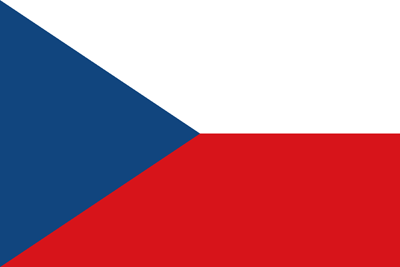Third Quarter Syndrome
Educational Psychologist V.G. Sokolova
In addition to the lack of sunlight and vitamins, students still have several months of school left, and among teachers, the term "third quarter syndrome" is widely recognized. Olga Vladimirovna Sorokina, Candidate of Medical Sciences (Nizhny Novgorod), explains how to help children stay active and energetic during the cold season.
"According to statistics, the central part of Russia experiences no more than 100 sunny days a year. Most of them occur in summer. It's no surprise that in winter we often suffer from lack of sunlight, and this especially affects children. During the winter period, students’ academic performance drops, chronic conditions worsen, and irritability and apathy increase day by day."
Physical activity is essential!
Sports activities help produce adrenaline (a stress hormone that, in small amounts, is necessary for everyone) and serotonin (the hormone of happiness, produced under sunlight).
Children who spend a lot of time in front of computers and televisions risk not only losing muscle mass but also becoming frequent visitors to clinics. Lack of physical activity weakens the immune system, which leads to more frequent colds. Add in our damp and slushy winter climate, and the risk of illness only grows.
It’s best if a child attends not only regular physical education classes but also a sports club (swimming, tennis, basketball). The goal is not athletic achievement, but health.
Walking outdoors during the day in winter is a must!
At least one hour, preferably 2–3 hours.
When there is a lack of sunlight, children become irritable, tearful, easily fatigued, inattentive at school, and complain of weakness and drowsiness.
Therefore, it's important to spend as much time as possible outdoors when there is sunlight. Even when the sky is cloudy, sunlight still filters through.
Feed children fruits and vegetables. Preferably colorful ones.
Color therapy is an excellent way to fight stress. If there are no colorful fruits in the diet, food can be served on colorful plates, and children can be given bright, cheerful cups and spoons.
There is also a special group of foods that boost mood. These include chocolate, spinach, Brazil nuts, fish, and turkey. They all contain the amino acid tryptophan, which promotes serotonin production.
Due to the lack of sunlight in winter, the body produces more melatonin — the sleep hormone.
That’s why children shouldn’t be scolded for struggling to wake up in the morning.
Try putting kids to bed earlier so they can catch up on sleep and stay alert during school. On weekends, avoid planning morning activities. Let them sleep in before the busy week. If a child is exhausted, allow them to take a 1–2 hour nap after school.
Coffee and cocoa are not the best choices for boosting energy, as they stimulate the body artificially.
Of course, vitamins can help fight drowsiness — and there are plenty available at our pharmacies. The best choice is multivitamins that contain a wide range of elements.
You can relieve a child’s fatigue by optimizing their academic load.
It’s wise to adjust their schedule and give them at least an hour of quiet time alone each day.
Emotional support is also key. Don’t let your child feel that you’re disappointed in their weakness or that they’ve failed your expectations.
It’s important to openly discuss the problems bothering them — whether in the family or at school.
Source: Sam Sebe Lekar, No. 2, January 2014
Why Did Stepan Razin Visit Solovki?
Identification of Unknown Substances Based on Their Chemical and Physical Properties
The Evolution of Acid–Base Theories: From Early Concepts to the Brønsted–Lowry Proton Model
Atomic Energy Levels and Sublevels: Structure and Electron Configuration in Multi-Electron Atoms

 Deutsch
Deutsch
 Francais
Francais
 Nederlands
Nederlands
 Svenska
Svenska
 Norsk
Norsk
 Dansk
Dansk
 Suomi
Suomi
 Espanol
Espanol
 Italiano
Italiano
 Portugues
Portugues
 Magyar
Magyar
 Polski
Polski
 Cestina
Cestina
 Русский
Русский